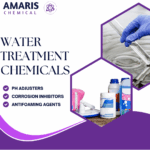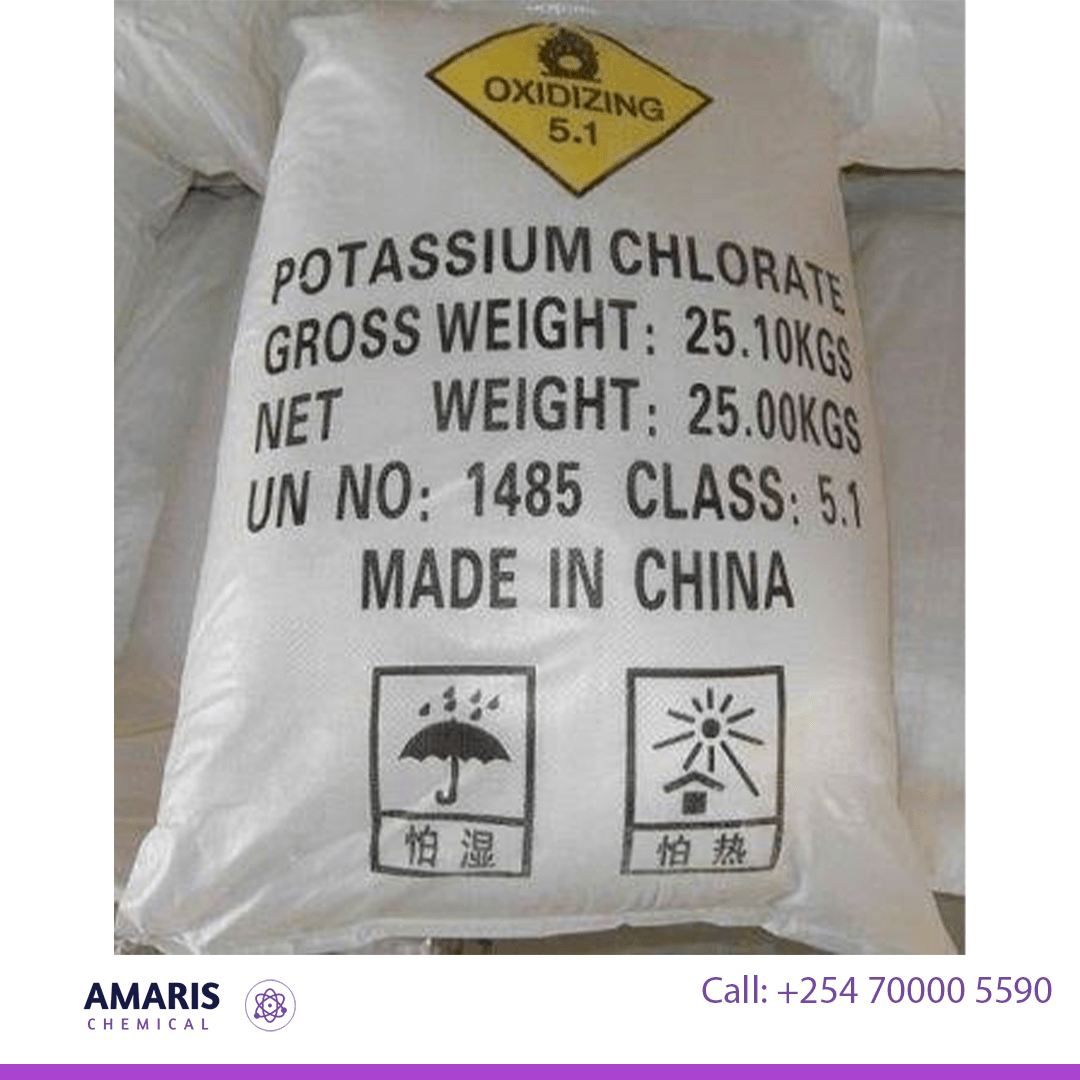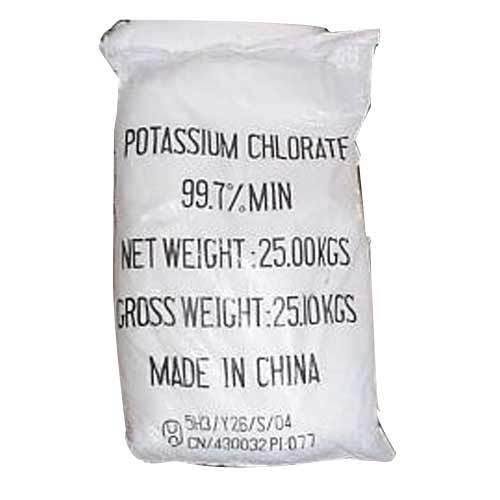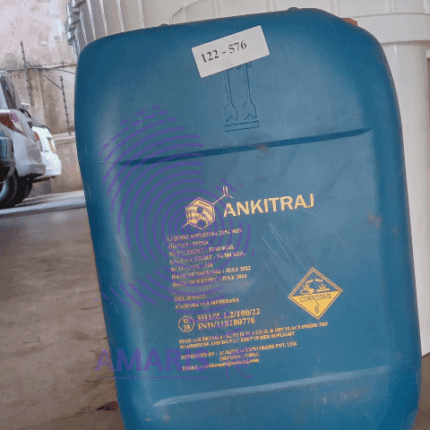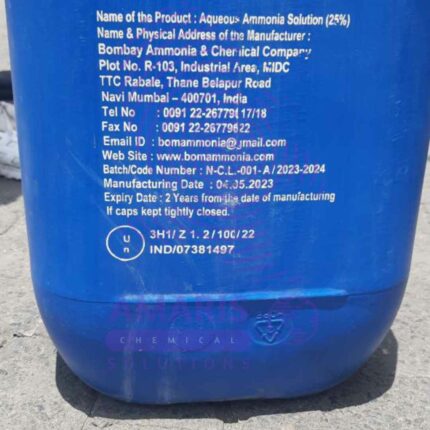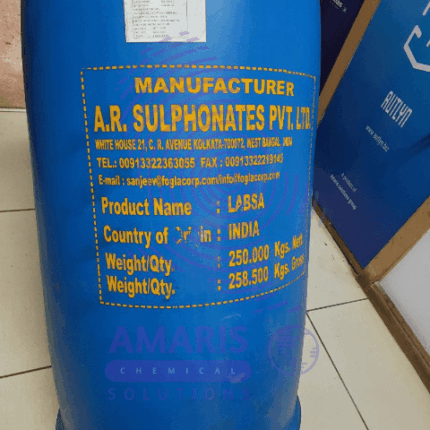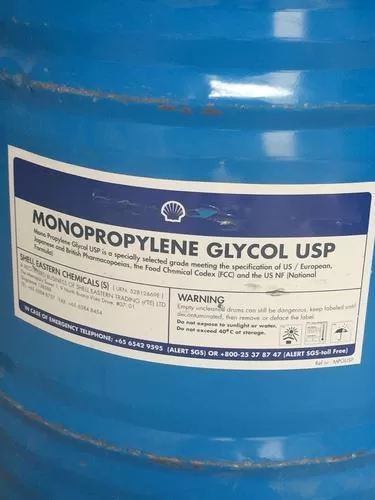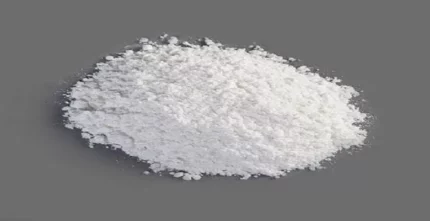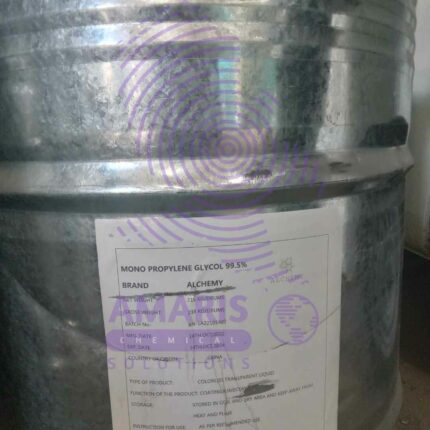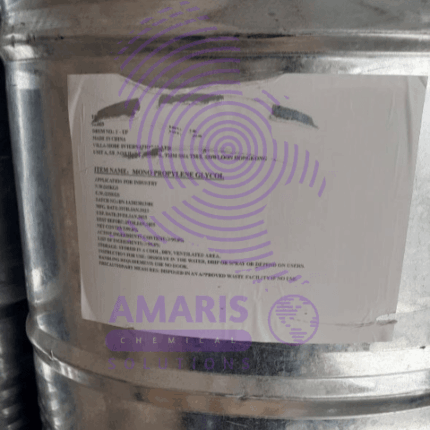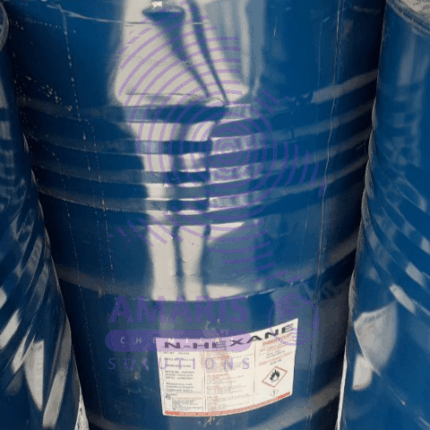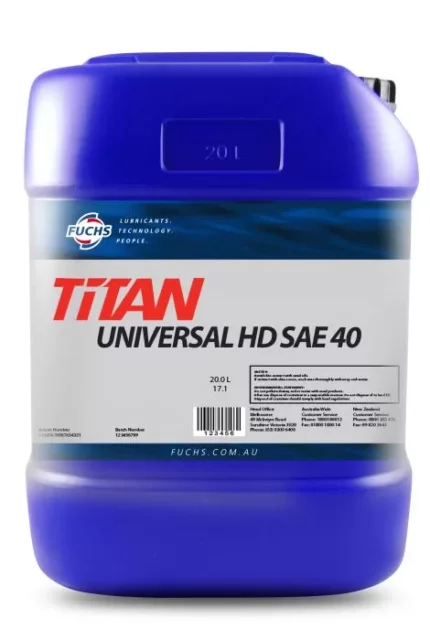“Methyl Ethyl Ketone (MEK) 165kg” has been added to your cart. View cart
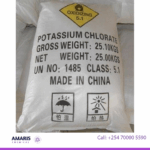
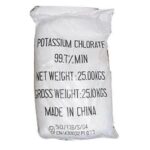
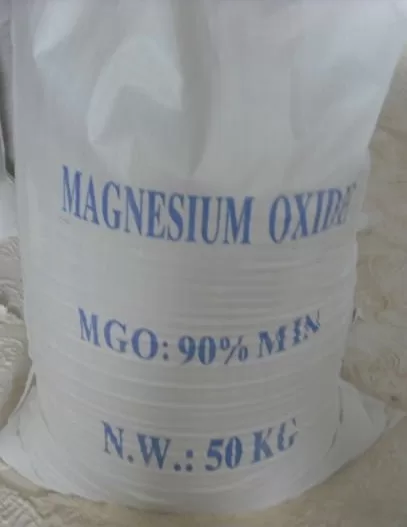
Magnesium oxide 25kg
$12,000.00 Original price was: $12,000.00.$1,100.00Current price is: $1,100.00.
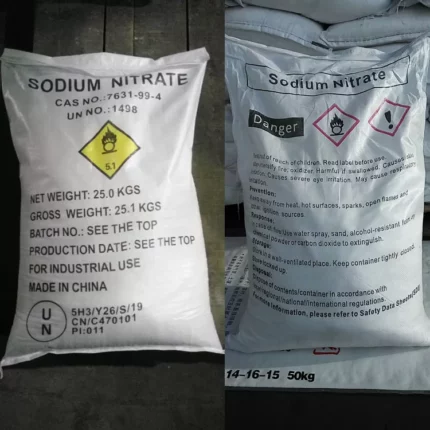
Sodium Nitrate 25kg
$10,500.00 Original price was: $10,500.00.$9,500.00Current price is: $9,500.00.
Potassium Chlorate 25kg
$8,500.00 Original price was: $8,500.00.$8,200.00Current price is: $8,200.00.
Whatsapp Order
Potassium chlorate is a chemical compound with the molecular formula KClO3. It is a white crystalline powder that is commonly used as an oxidizing agent in various industrial processes, as well as in the production of fireworks, matches, and explosives. When heated or subjected to shock, it releases oxygen and can rapidly increase the temperature of its surroundings, making it a potentially dangerous substance if handled improperly.
SKU:
ACS96158CHEM0
Category: OTHERS
Description
Potassium chlorate
- Pyrotechnics: Potassium chlorate is commonly used as an oxidizer in the production of fireworks, as it provides the necessary oxygen to fuel the combustion reactions that produce the bright colors and effects.
- Matches: The compound is also used in the manufacture of matches, as it provides the necessary oxygen to ignite the combustible material on the match head.
- Explosives: Potassium chlorate can also be used as an ingredient in the production of explosives, such as black powder, which is a mixture of potassium chlorate, charcoal, and sulfur.
- Oxygen generation: Due to its ability to release oxygen when heated or subjected to shock, potassium chlorate is used in some chemical oxygen generators, which provide a source of breathable oxygen in emergency situations.
- Agriculture: In agriculture, potassium chlorate can be used as a herbicide, as it inhibits the growth of unwanted plants and weeds. However, its use as a herbicide is restricted in some countries due to its potential environmental and health risks.
Related products
Ammonia solutions 33kg 33%conc
Ammonia solution is a solution of ammonia (NH3) gas dissolved in water. It is a clear, colorless liquid with a pungent odor and a basic pH. The concentration of ammonia in the solution can vary, and is typically expressed in terms of percent by weight or by volume.
Ammonia solutions are commonly used in a variety of applications, including cleaning agents, fertilizers, and as a precursor to other chemicals. They are also used in industrial processes such as refrigeration, gas purification, and water treatment. Ammonia solutions can be dangerous if not handled properly, as they are highly corrosive and can release toxic fumes if mixed with certain chemicals
High Temperature Grease
Labsa (Ufacid) 90% 250 kg Drum
LABSA stands for Linear Alkyl Benzene Sulfonic Acid, which is an anionic surfactant commonly used in the production of detergents and other cleaning products. It is produced by sulfonating linear alkyl benzene (LAB), which is derived from crude oil or kerosene. LABSA is a brown viscous liquid with a strong odor and is highly soluble in water. It is a versatile surfactant that has excellent foaming and cleaning properties and is widely used in various industries, including household cleaning, personal care, and textile processing.
Methoxy Propanol (PM)Glycol Ether 190kg Drum
Methyl Isobutyl Ketone (MIBK) 165 kg Drum
MonoPropylene Glycol 215 kg MPG
Monopropylene glycol (also known as 1,2-propanediol or MPG) is a clear, colorless, and odorless liquid organic compound with the molecular formula C3H8O2. It is a type of glycol, which is a class of organic compounds containing two hydroxyl (-OH) groups. Monopropylene glycol is widely used as a solvent, humectant, and viscosity modifier in various industries such as food, pharmaceuticals, cosmetics, and personal care products. It is also commonly used as an ingredient in e-liquids for electronic cigarettes.
N Hexane 136 kg Drum
n-Hexane is a straight-chain alkane with the chemical formula C6H14. It is a colorless, flammable liquid with a slight odor that is commonly used as a solvent and as a raw material in the production of gasoline. In its pure form, n-hexane is highly volatile and can be easily ignited, so it is important to handle it with care.


 Emollients
Emollients Humectants
Humectants UV Filters
UV Filters Surfactants (cosmetic)
Surfactants (cosmetic) Preservatives (cosmetic)
Preservatives (cosmetic) Fragrances and Essential Oils
Fragrances and Essential Oils Antioxidants (cosmetics)
Antioxidants (cosmetics)
 Solvents (lab)
Solvents (lab) Chromatography Chemicals
Chromatography Chemicals Microbiology and Cell Culture Reagents
Microbiology and Cell Culture Reagents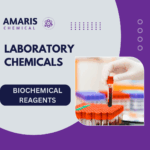 Biochemical Reagents
Biochemical Reagents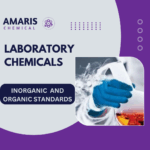 Inorganic and Organic Standards
Inorganic and Organic Standards LABORATORY EQUIPMENT & APPARATUS
LABORATORY EQUIPMENT & APPARATUS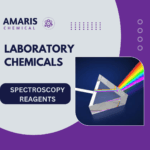 Spectroscopy Reagents
Spectroscopy Reagents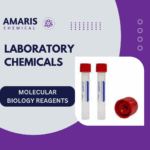 Molecular Biology Reagents
Molecular Biology Reagents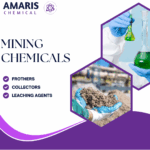
 Precious Metal Extraction Agents
Precious Metal Extraction Agents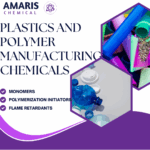

 Fertilizers
Fertilizers Plant Growth Regulators
Plant Growth Regulators Soil Conditioners
Soil Conditioners Animal Feed Additives
Animal Feed Additives Biostimulants
Biostimulants
 Dough Conditioners
Dough Conditioners Flour Treatments
Flour Treatments Fat Replacers
Fat Replacers Preservatives (baking)
Preservatives (baking)
 Surfactants (cleaning)
Surfactants (cleaning) Builders
Builders Bleaching Agents
Bleaching Agents Enzymes
Enzymes Solvents (cleaning)
Solvents (cleaning) Fragrances
Fragrances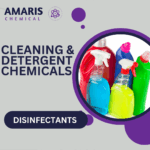 Disinfectant
Disinfectant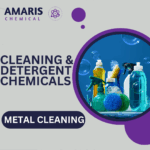 Metal cleaning
Metal cleaning

 Sealants and Adhesives
Sealants and Adhesives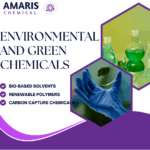
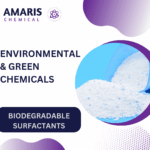 Biodegradable Surfactants
Biodegradable Surfactants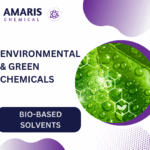 Bio-based Solvents
Bio-based Solvents Renewable Polymers
Renewable Polymers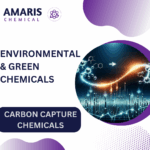 Carbon Capture Chemicals
Carbon Capture Chemicals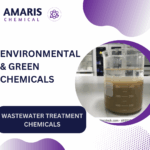 Wastewater Treatment Chemicals
Wastewater Treatment Chemicals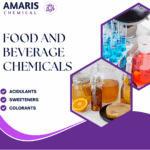
 Preservatives (food)
Preservatives (food) Flavor Enhancers
Flavor Enhancers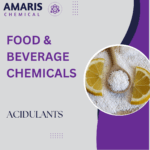 Acidulants
Acidulants Sweeteners
Sweeteners Emulsifiers
Emulsifiers Antioxidants (food)
Antioxidants (food) Colorants (food)
Colorants (food) Nutrient Supplements
Nutrient Supplements Nutraceutical Ingredients
Nutraceutical Ingredients
 Fresh Herbs
Fresh Herbs Whole Spices
Whole Spices Ground Spices
Ground Spices Spice Blends
Spice Blends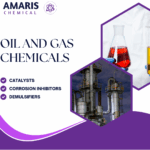
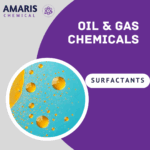 Surfactants(oil)
Surfactants(oil)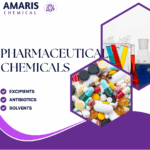

 Automotive chemicals
Automotive chemicals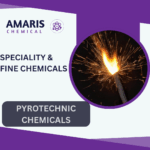 Pyrotechnic Chemicals
Pyrotechnic Chemicals
